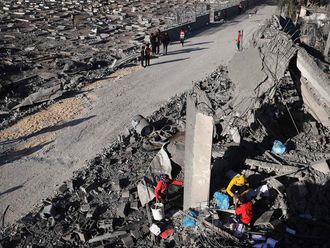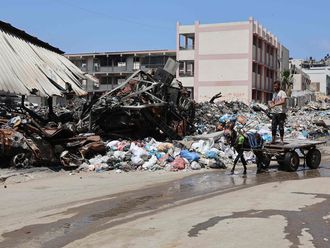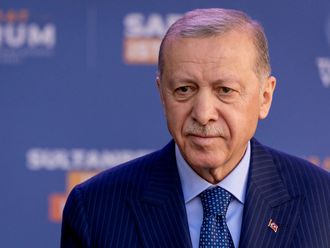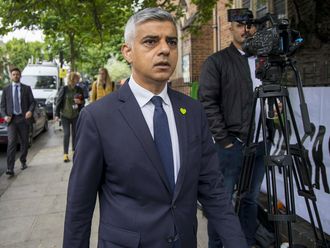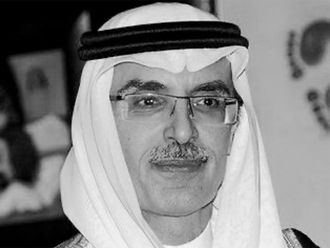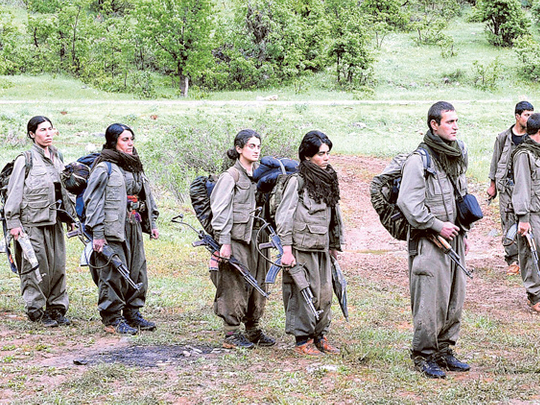
Ankara: Turkish President Tayyip Erdogan has accused Russia of providing anti-aircraft weaponry and rockets to militants of the outlawed Kurdistan Workers Party (PKK), the pro-government Star newspaper and other local media reported on Monday.
Speaking to reporters on board his aeroplane after a visit to the southeastern province of Diyarbakir over the weekend, Erdogan accused Moscow of transferring weaponry to the PKK via Iraq and Syria, the Star newspaper said.
“At this moment, terrorists are using anti-aircraft guns and missiles supplied by Russia. The separatist terrorist organisation is equipped with these weapons. They have been transferred to them via Syria and Iraq,” the Star reported Erdogan as saying.
The “separatist terrorist organisation” is a Turkish government term for the PKK, which has waged a three-decade insurgency against the state that has left more than 40,000 people dead, mostly PKK militants, in the largely Kurdish southeast.
The government was not immediately available to confirm the report.
While Erdogan has previously castigated Russia for its support of Kurdish fighters in Syria, the latest comments appear to be the first time he has accused Moscow of supplying arms to the PKK, seen as a terrorist group by Turkey, the United States and Europe.
Ankara also considers the Syrian Kurdish YPG fighters to be a terrorist group and has been enraged by both Russian and US
backing for the group, which is battling Daesh in Syria.
Turkey, a Nato member, is part of the US-led coalition against Daesh in Syria and is also one of the most vocal opponents of Syrian President Bashar Al Assad. Moscow is backing Al Assad, although it has said it supports the Syrian Kurds in the struggle against Daesh.
Relations between Ankara and Moscow soured after Turkey shot down a Russian warplane over Syria last year, prompting a raft of sanctions from Russia.
Russian President Vladimir Putin in April promised support for Syrian Kurds, saying they were a serious force in the fight against terrorism.
Russia has also accused Turkey of hindering Kurdish forces in their fight against Daesh and using the fight against terrorism as a pretext to crack down on Kurdish organisations in Syria and Turkey.


